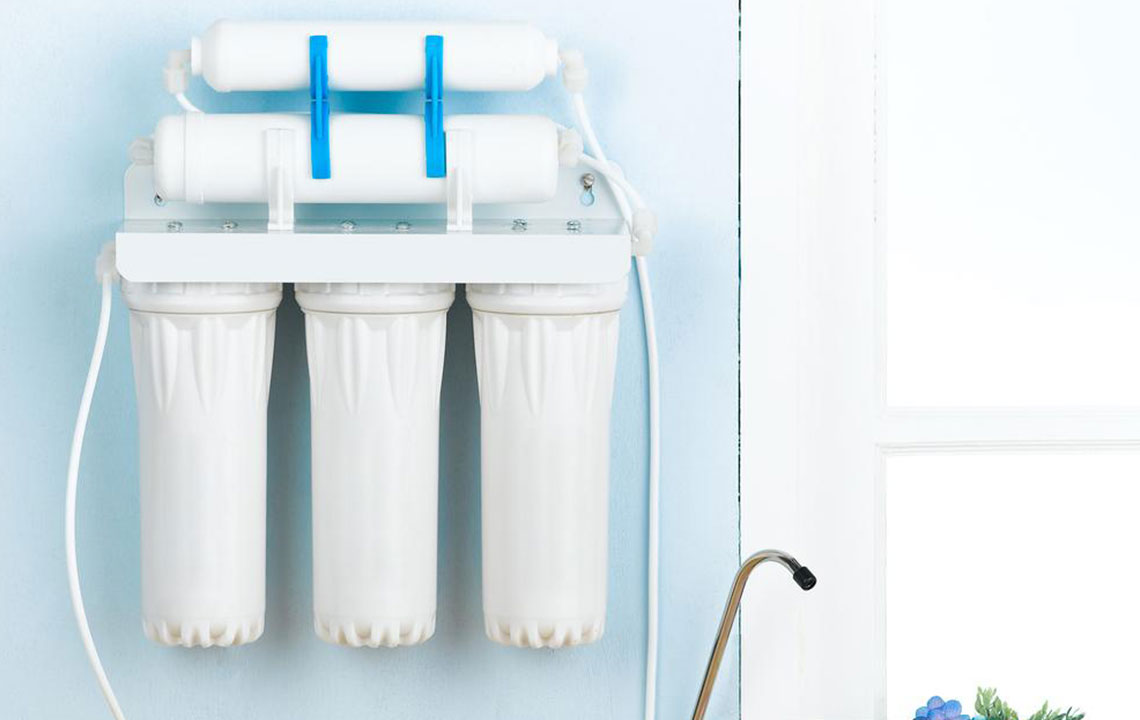Know about the functions of the ultraviolet water filtration

Ultraviolet water filtration is the process that offers one of the most cost-effective ways to purify water, thereby protecting drinking water against biological contaminants. Ultraviolet or UV protect against water-borne viruses, bacteria, molds, and other pathogenic diseases. Viruses such as hepatitis virus that is known to be highly resistant to chlorine treatment can be relatively eliminated through UV treatment.
Let us have a look at how UV water filtration works
- Invisible Ultraviolet light is emitted from a UV light source that has an output of roughly 254 nanometers, producing radiation that has a significantly greater density than the radiation in the sunlight.
Pros and cons of using UV water filtration systems
Pros
- The primary advantage of using a UV filtration system is that it is cost-effective and kills a majority of harmful microbes that cause water-borne illnesses.
- These water filtration system starts at just about $250 if you intend to use it as a localized filtration system. Whole house water filtration system costs around $1500.
- UV water filtration system doesn’t consume much electricity and requires as low as 100 watts of power to function.
- Easy to install and maintain, these water purifiers do not damage the septic tanks or plumbing of the household.
Cons
- Even if these water purifiers consume less power, they still require some amount of electricity. Hence these water purifiers cannot work in the event of power outage.
- UV rays cannot be seen by the naked eye because of their short wavelength, hence it is hard to determine if the UV apparatus in the purifier is still working. Thus, it becomes necessary to change the filters twice every year.
Disclaimer:
The content provided on our blog site traverses numerous categories, offering readers valuable and practical information. Readers can use the editorial team’s research and data to gain more insights into their topics of interest. However, they are requested not to treat the articles as conclusive. The website team cannot be held responsible for differences in data or inaccuracies found across other platforms. Please also note that the site might also miss out on various schemes and offers available that the readers may find more beneficial than the ones we cover.

